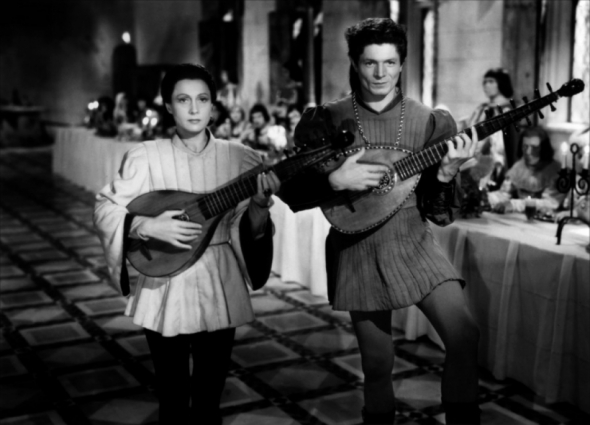GAME OF THRALLS - AN ART AND LABOUR FANTASIA
Trying to do labour politics in the artworld would be like attempting union organising in Game of Thrones. Discuss....
And now, a brief fantasia:
Think about the politics and politesse around payment in the artworld, and how no one seems to want to say anything aloud about anything cos everything is decided sotto voce, in relations of direct dependency (interdependence) - as Paolo Virno put it re postfordist neofeudal tendencies. Because there is no sharp producer/consumer/institution/service provider distinction; because it is all so professional and so little labour-oriented; because the relations are rhizomatic, fractal, because it's all so biopolitical (i.e. it's your sexual & business partners, employers, collaborators, material; all the players are both whores and masters, albeit of shifting and signficiantly different rank or degree).
So the artworld is the court, the artist and curator are species of courtier, the cultural-political theatre is a series of pageants and radical masques (so often white skin and black masques). The biennales are the great fortresses and holdfasts, the market places and bazaars, or perhaps more like a nomadic army that descends upon the city to 'regenerate' (read, rape and pillage?) then roll on to the next siege.
The artworld's clerks are always treasonous (to the workers, the subalterns), whatever scripture they cite is in the process of rapidly being inverted, turned into the opposite of whatever radical content it carried. The arrows of desire released from our quivers or quills get bent back in artspace and tend to fall back down upon us, creating a kind of porcupine effect: the most conscious of the conditions are the most prickly and discomfited. Those that bask in the glory of their radicalism, their polite progressivism, their synergies, are the most to be distrusted, the holders of salons and conversation marathons who understand that the currency of the system is empty chatter, freighted with those debt-backed ten dollar words and laced with nuspeak that give this uncommon speech its courtly distinction.
These people basically believe (though they often don't seem even to know that this is what they basically believe) that the purpose of thought is to occlude and to separate from action - to make dangerous ideas safe for the court and the larger circuits of capital. Their function is equivalent to a money laundering of dissent, a priesthood of neutralisation. Kind of adjunct to academia, but with (even) more emphasis on the socialising and networking, less need for actual theoretical intelligence or its simulacra, let alone (political) strategy, beyond the playing of the (art) game itself. These are anti-Debordians, not strategists of revolution in their art but perpetually revolving in their strategems, which have art as mere vehicle, presupposition. We all are courtiers in the castle of Les Visiteurs du Soirs - and the radicals, like the beautiful & damned protagonists of that film, are truly the devil's captives, its ingenuous intrigeurs. The militant are outsiders come in to the banqueting hall to sew confusion and ravish souls, but capable still of suffering, knowing the depth of their alienation, being touched - or tearing.
While the air is thick with inverted politics, mirrored struggle, real politics is indeed being played out, partly by means of the great courtly feasts and tournaments, the jousting and carousing (aka 'cultural tourism'). In the back ground of the manoeuverings and discursive pyromancy, planetary webs are being woven and unwoven, great powers are massing and clashing, beyond the regen sieges there are the larger geopolitical battles, the Manifesta-tions of a bigger logic or meta-complot. What are the courtiers to do, how are they to fight or align down below, in the teeming mess of the streets, how do they maintain any contact with those not dressed for courtly service, how do the precarious stewards contact the scullions, say, can the soldiers and cannon fodder ever call on the courtiers for assistance? Why should anyone ever trust *them*? Scuttling around from tavern to star chamber to (recently gentrified) brothel - or museum late opening, club night, gig - do these petty players ever have time or attention enough to see how they fit into the wider web of labour,let alone be of any assistance?
While they talk of visibility, objects, or acceleration, flitting from season to season, shifting their words into the shape of the current modes of soft negation, do they ever have a chance of creating a disruption? And isn't the courtier's whole art to turn any tendency to disruption back into the currency of distraction? Most of those in the game don't even carry illusions, have never got their hands dirty, done time in the kitchens or helped organise with the scullions.
But for those that do, to even raise the issue of pay or the price of admission makes one feel like a union rep teleported to Westeros. Perhaps all this can be changed - an open discussion is happening or imminent that I'm missing?
Mute Books Orders
For Mute Books distribution contact Anagram Books
contact@anagrambooks.com
For online purchases visit anagrambooks.com







